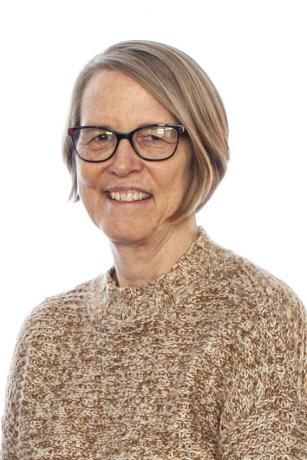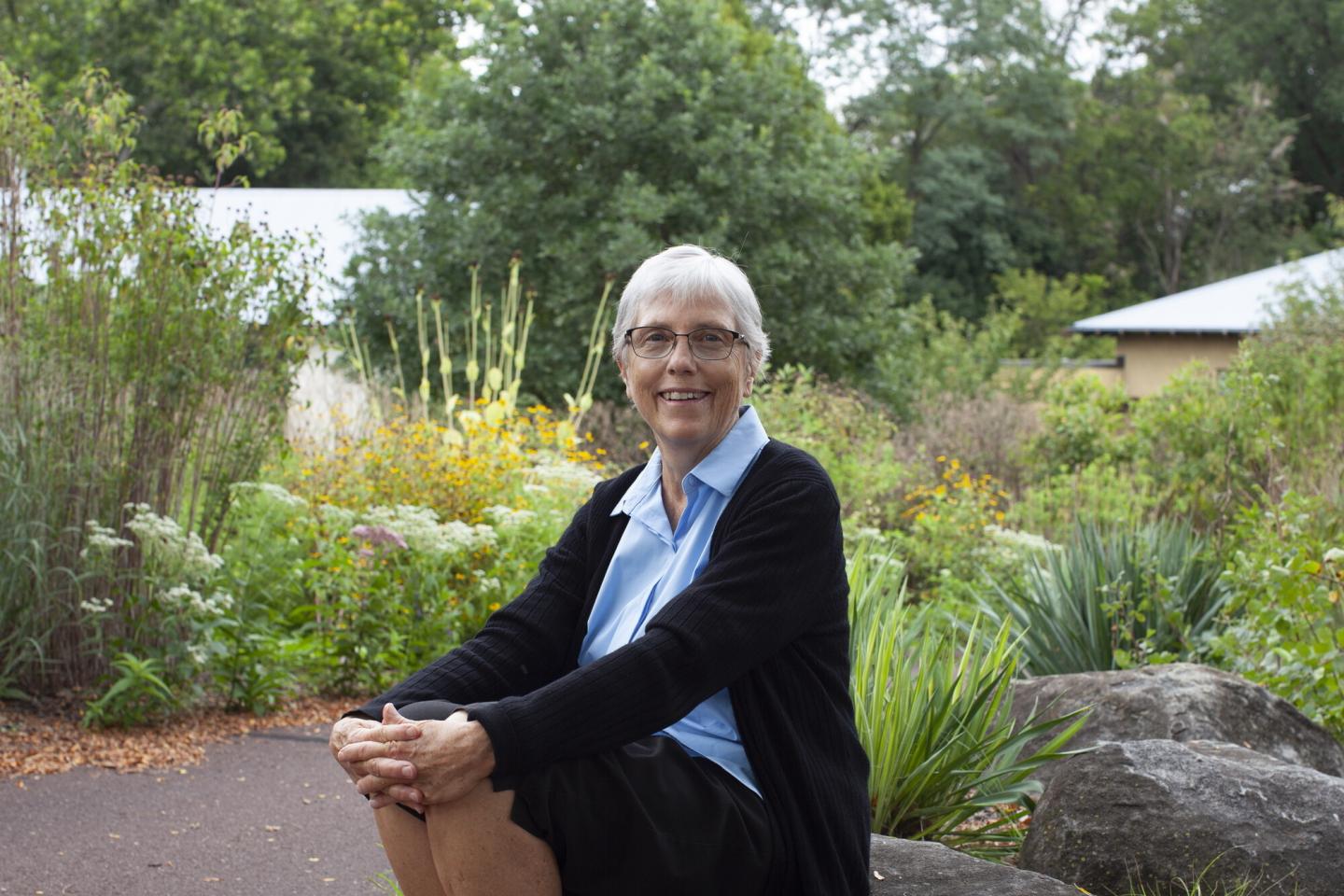Strengthening racial equity
MCC board members agree to make MCC in the U.S. a more just organization

The Board of Directors of Mennonite Central Committee (MCC) U.S. unanimously accepted a new racial equity audit and its recommendations for changes that will lead MCC to become a more just and equitable organization.
The audit, which was commissioned by the board in 2020, was compiled by Adrian Pei, a racial equity and change management consultant from California and author of The Minority Experience – Navigating Emotional and Organizational Realities.
He spent five months reviewing MCC’s records of strategic priorities and previous anti-racism initiatives, observing multiple leadership meetings and conducting confidential interviews with 37 people across MCC in the U.S., especially people of color.
Although MCC has been involved in anti-racism work with its own staff and with churches for decades, the nationwide call for justice for the U.S. Black community in the summer of 2020 spurred MCC to look more closely at its own institutional racism.
“The Lord is giving many people from the dominant white culture eyes to see the injustice that has gone unnoticed in spite of conversations advocating change,” said MCC U.S board chair Gwen White of Philadelphia. “Earlier this month, in Georgia, we witnessed the violent shooting of Asian women, opening our eyes again to the need to address racial prejudice and hatred.

“Those who have held power are recognizing unconscious ways that power has been used and held. This brings the opportunity to change not only our minds, but our systems, by bringing diverse people into decision-making positions. This will yield a rich harvest!”
On March 20, Pei met with the board to review his findings, including MCC’s strengths, gaps and barriers that have caused pain and oppression among some staff of color. He emphasized steps necessary for MCC’s growth toward racial equity and underscored the challenges an organization will face while trying to change.
“Organizations will not change unless they are willing to give up what’s comfortable and familiar to them,” Pei said.
He compared the work to the grain of wheat Jesus referred to in John 12:24 that must be buried in the ground and die, before it can bear fruit. In this context, the fruit he refers to is justice for the oppressed and for God’s kingdom to be increasingly reflected in this world.
“People always want to see fruit, but they are not always willing to do the sacrifice,” he said. “We do this because of Christ and his sacrifice.”
The first step, Pei said, is for team leaders to create space for racial equity in job descriptions, team responsibilities and strategic plans. Discussions about change need to be held among all levels of staff.
After that, Pei recommended that MCC intentionally deepen its engagement with churches and individuals of color and take strategic steps to increase the pool of qualified, racially diverse applicants for staff and board positions.
“We do this because of Christ and his sacrifice.”
Adrian Pei
consultant
In addition, he advised making a plan for internal and external communication about racial equity; creating a leadership and mentoring cohort for staff of color; and hiring staff to facilitate the growth of anti-racism work within the organization and MCC’s anti-racism efforts with others.
Board member Hugo Saucedo of San Antonio, Texas, said, “I certainly will affirm this report and the actions because for the first time in a long time I’m seeing acknowledgment of many of the pieces that I’ve worked toward in the last 20 years … in terms of the understanding of what I’m thinking and feeling.”
Executive staff of MCC U.S. and the four regional MCC offices in the U.S., who have been working closely with Pei over the recent months, have already begun to create plans to implement his recommendations.

“I am committed to walking this road,” MCC U.S. executive director Ann Graber Hershberger told the board, noting that she shares the path forward with many board members and staff who have for years been leading MCC toward more racial equity. “It’s joyful to see progress.”
Later she added, “I am looking toward a day when MCC becomes an organization that fully integrates and relates to all the races and ethnicities of our constituency. We want to be an organization where every person is valued equally, fully working together to live out Christ’s kingdom on earth.”

